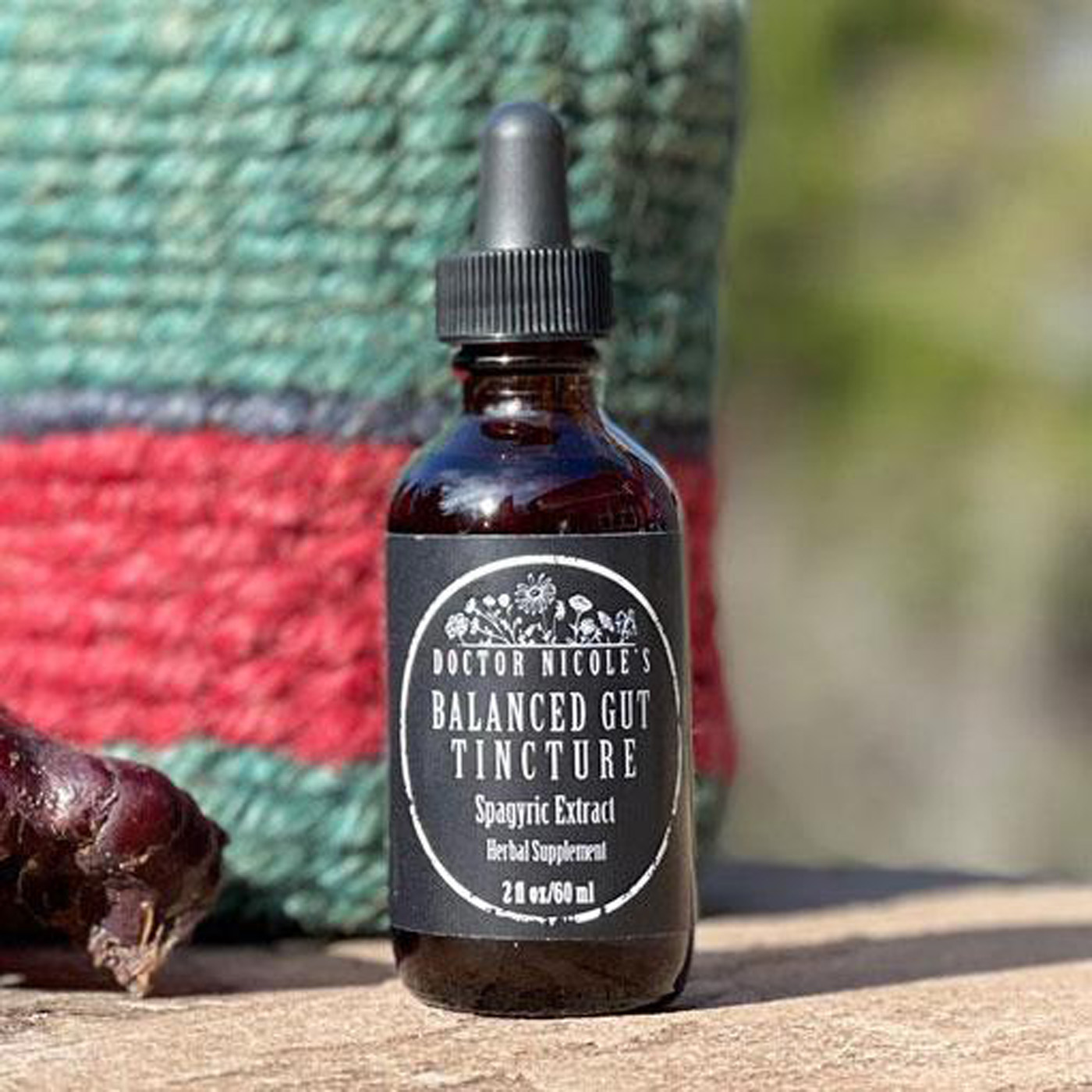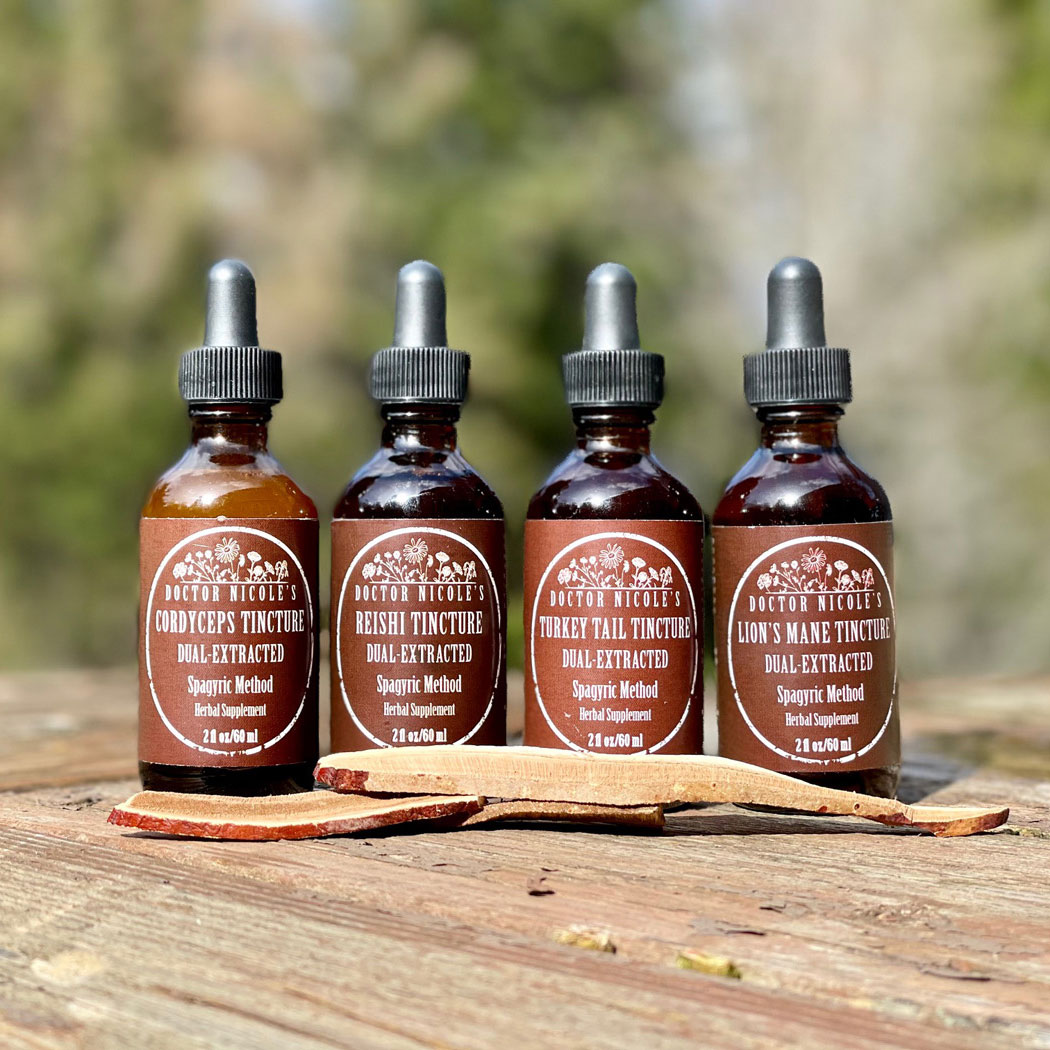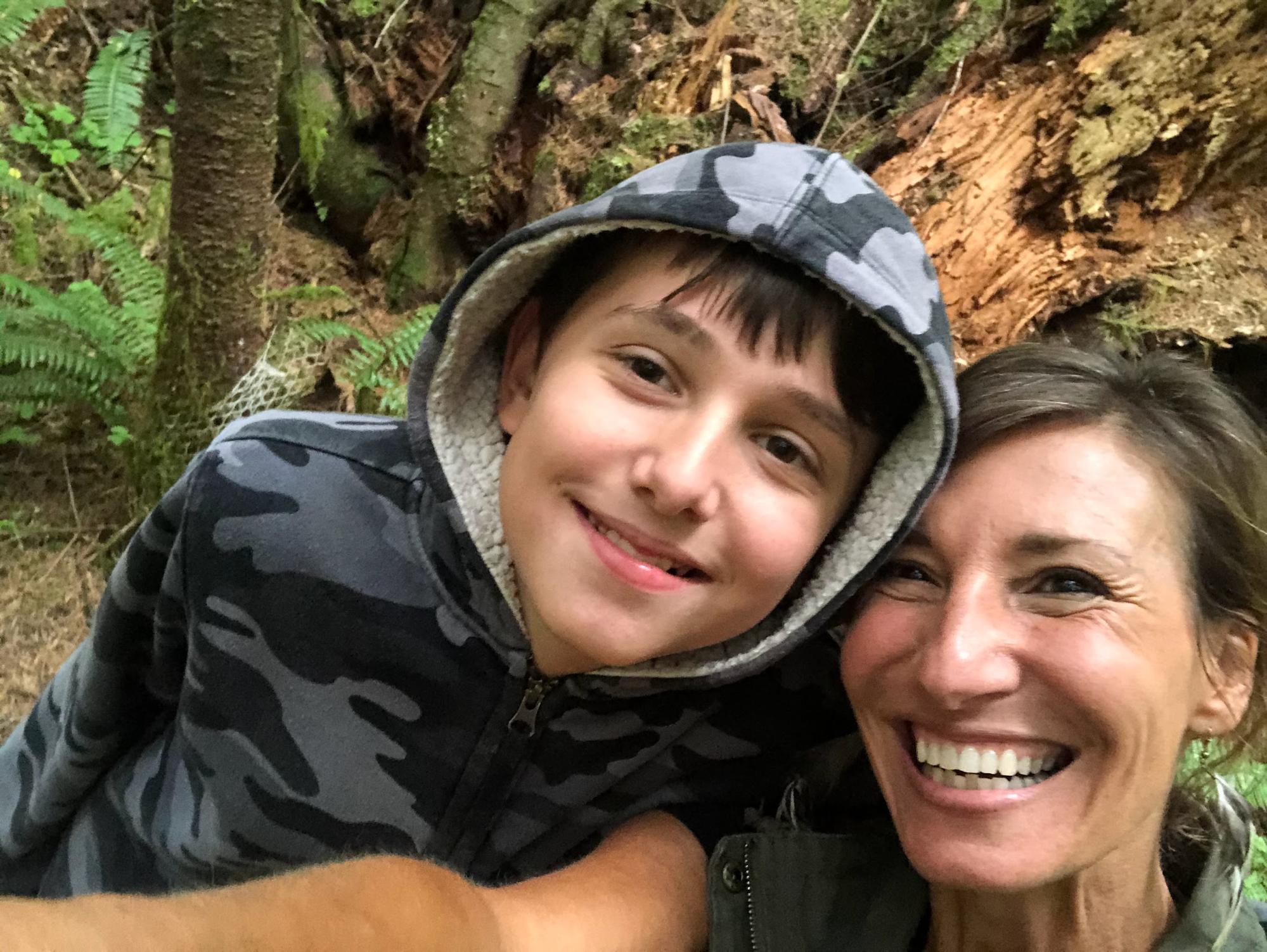Shedding Light on a Mysterious Condition
For those suffering from long-haul symptoms after a severe acute respiratory syndrome (SARS) infection, new findings are offering a ray of hope. Seemingly discovered by chance, Thomas J. Guttuso Jr., professor of neurology in the Jacobs School of Medicine and Biomedical Sciences and a physician with University at Buffalo Neurology, made the connection that most of the symptoms involved in long-haul syndrome are associated with inflammation. He then suspected microdose lithium may be helpful for his patients as lithium is a potent anti-inflammatory. Interestingly, researchers in Spain made the same association after noting those taking lithium for bipolar disorder who were hospitalized for a SARS infection had better outcomes than those not taking it. Once Dr. Guttuso learned about the outcome in Spain, he began recommending microdose lithium to his patients with long-haul syndrome — and the results were nothing short of astonishing.

What is Long-Haul Syndrome?
Considered a mystery up until recently, physicians and researchers alike noticed a disturbing trend during the pandemic: individuals who had fully recovered from a SARS infection suddenly began suffering from extreme fatigue and brain fog — many times weeks after a full recovery where the virus was undetectable through testing. Medical personnel were at a loss for how to treat it or why the syndrome was arising in the first place. Many doubted their patients’ stories and simply advised them to get more rest. But as more cases came to light and symptoms were lasting for months or longer, researchers began to look for a cause and possible solution. But treatment remained elusive — until a light bulb moment occurred.
Success With Microdose Lithium
After making the association with chronic inflammation and long-haul syndrome, Dr. Guttuso recommended that one of his patients give microdose lithium a try. “I was shocked when the patient saw improvement within a matter of days,” he recalls.1 Due to his success, colleagues began referring their long-haul patients to him. Out of the ten he treated, nine saw improvement with lithium and none experienced any side effects. He kept hearing the same story – that within days they felt better. Some were able to stop the lithium altogether and remain symptom-free, while others needed to stay on it.
One particularly striking example is Jennifer Stewart, who had a mild SARS infection in January of 2022. However, the brain fog and intense fatigue lingered for months on end without letting up. This is when she consulted with Dr. Guttuso. Before the viral infection, she had been a highly energetic person. Afterwards, she needed to take naps during the day and would fall asleep during baseball games. Within two days of starting the lithium, the need for napping disappeared and the brain fog lifted. She stayed on the natural cell salt for two weeks and then stopped. Her symptoms didn’t return.
Microdose lithium is not only helpful for long-haul syndrome, but also for ADHD, Parkinson’s, Alzheimer’s, Autism Spectrum Disorder (ASD), and other cognitive disorders as it helps to protect the brain from glutamate toxicity.2,3,4,5 An excess of this excitatory neurotransmitter is also linked to multiple sclerosis, migraines, and more. See my post, “The Connection Between Autism, Mood Disorders, and Low Levels of Lithium” to learn more.
Neuroinflammation, Brain Fog, & You
As we have seen, chronic inflammation resulting from a SARS infection is the main driver behind long-haul syndrome. It has also been shown time and again that neuroinflammation is closely linked to depression, anxiety, and brain fog.6,7 If we would like to heal the extreme fatigue and brain fog caused by long-haul syndrome, it is crucial you address the underlying inflammation. Microdose lithium (less than 10 mg/day) is one possibility. Medicinal mushrooms are another.
For myself and many others, lion’s mane, reishi, turkey tail, and cordyceps mushrooms have been life-changing in calming the neuroinflammation and subsequent brain fog and fatigue that go hand-in-hand with multiple sclerosis. Each is found in our dual-extracted Mushroom FOURtress Bundle, which I take every day to manage my MS.
I also use our Balanced Gut Blend daily since cognitive health begins in the gut where key neurotransmitters are produced. If the gut is impaired, it can also trigger an inflammatory response throughout the body. Because of this, it is exceptionally important to heal the gut and cool inflammation with this potent formulation.
Interested in learning more? Stop by my apothecary today to learn about these and many other herbal medicines that can change your life for the better!
Nicole Apelian
Nicole’s Apothecary Products in this Post
References
- “Clinical trial aims to find out if low-dose lithium could treat long COVID” by Ellen Goldbaum, UB Now University of Buffalo, January 11, 2023. https://www.buffalo.edu/ubnow/stories/2023/01/lithium-long-covid.html
- Hu, W., Zhao, M., Lian, J., Li, D., Wen, J., & Tan, J. (2022). Lithium Cholesterol Sulfate: A Novel and Potential Drug for Treating Alzheimer’s Disease and Autism Spectrum Disorder. CNS & neurological disorders drug targets, 10.2174/1871527321666220825114236. Advance online publication. https://doi.org/10.2174/1871527321666220825114236
- Mintz, M., & Hollenberg, E. (2019). Revisiting Lithium: Utility for Behavioral Stabilization in Adolescents and Adults with Autism Spectrum Disorder. Psychopharmacology bulletin, 49(2), 28–40.
- Dorrego, M. F., Canevaro, L., Kuzis, G., Sabe, L., & Starkstein, S. E. (2002). A randomized, double-blind, crossover study of methylphenidate and lithium in adults with attention-deficit/hyperactivity disorder: preliminary findings. The Journal of neuropsychiatry and clinical neurosciences, 14(3), 289–295. https://doi.org/10.1176/jnp.14.3.289
- Deepmala, & Coffey, B. (2014). Challenges in psychopharmacological management of a young child with multiple comorbid disorders, history of trauma, and early-onset mood disorder: the role of lithium. Journal of child and adolescent psychopharmacology, 24(9), 519–524. https://doi.org/10.1089/cap.2014.2492
- Mori, K., Obara, Y., Moriya, T., Inatomi, S., & Nakahata, N. (2011). Effects of Hericium erinaceus on amyloid β(25-35) peptide-induced learning and memory deficits in mice. Biomedical research (Tokyo, Japan), 32(1), 67–72. https://doi.org/10.2220/biomedres.32.67
- Zhang, J., An, S., Hu, W., Teng, M., Wang, X., Qu, Y., Liu, Y., Yuan, Y., & Wang, D. (2016). The Neuroprotective Properties of Hericium erinaceus in Glutamate-Damaged Differentiated PC12 Cells and an Alzheimer’s Disease Mouse Model. International journal of molecular sciences, 17(11), 1810. https://doi.org/10.3390/ijms17111810
- Kavanagh E. Long Covid brain fog: a neuroinflammation phenomenon? Oxf Open Immunol. 2022 Sep 27;3(1):iqac007. doi: 10.1093/oxfimm/iqac007. PMID: 36846556; PMCID: PMC9914477.
- Zheng ZH, Tu JL, Li XH, Hua Q, Liu WZ, Liu Y, Pan BX, Hu P, Zhang WH. Neuroinflammation induces anxiety- and depressive-like behavior by modulating neuronal plasticity in the basolateral amygdala. Brain Behav Immun. 2021 Jan;91:505-518. doi: 10.1016/j.bbi.2020.11.007. Epub 2020 Nov 6. PMID: 33161163.







